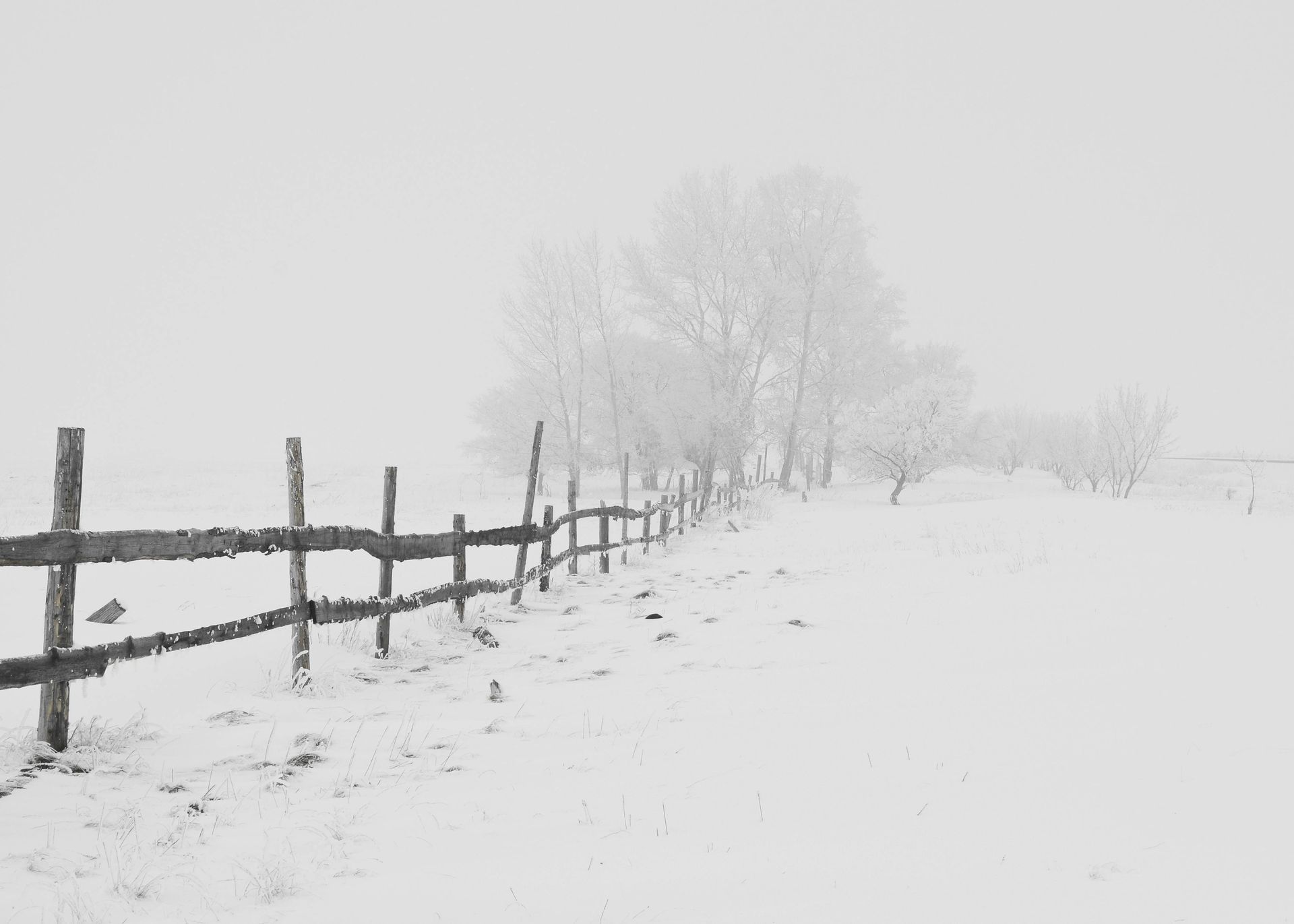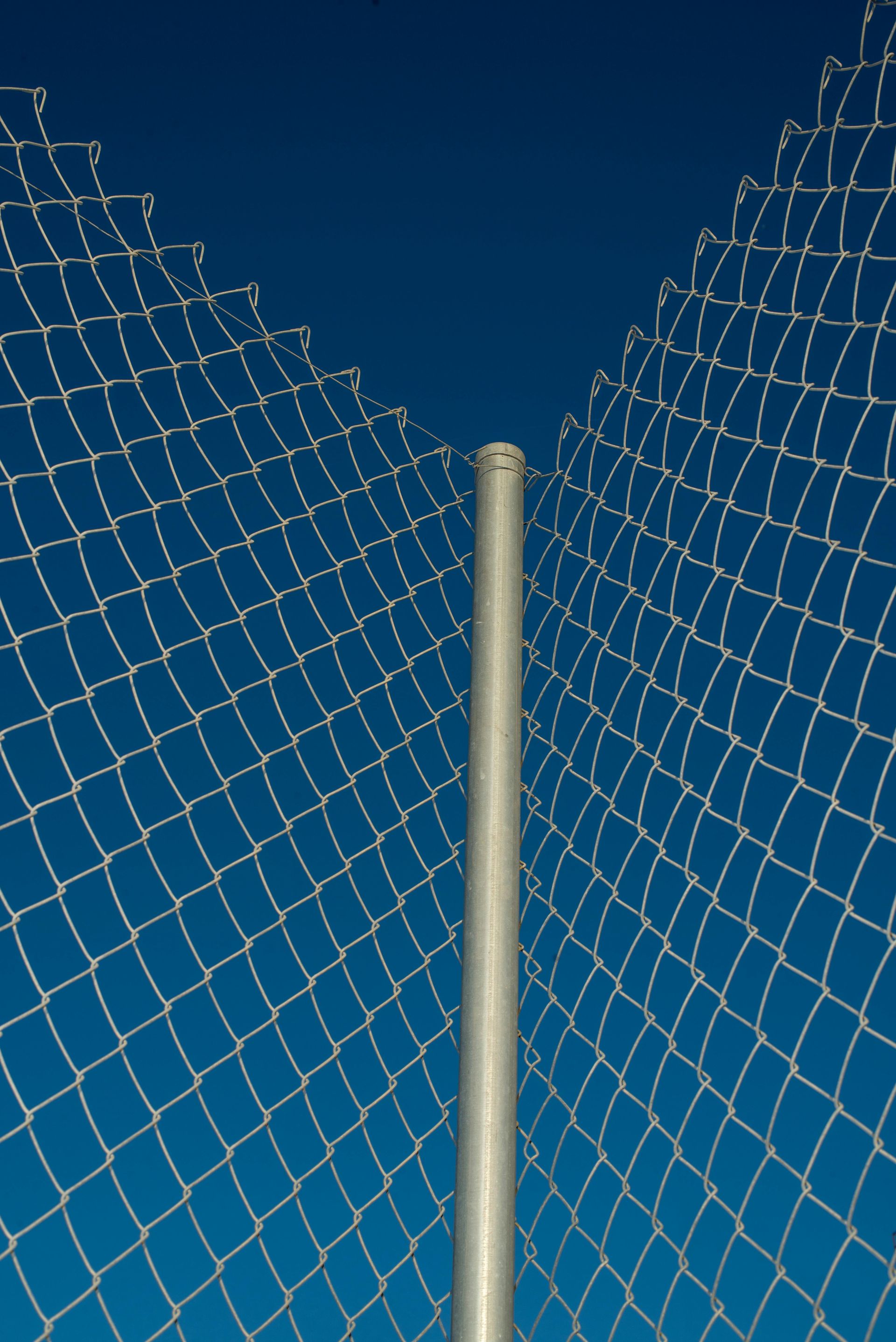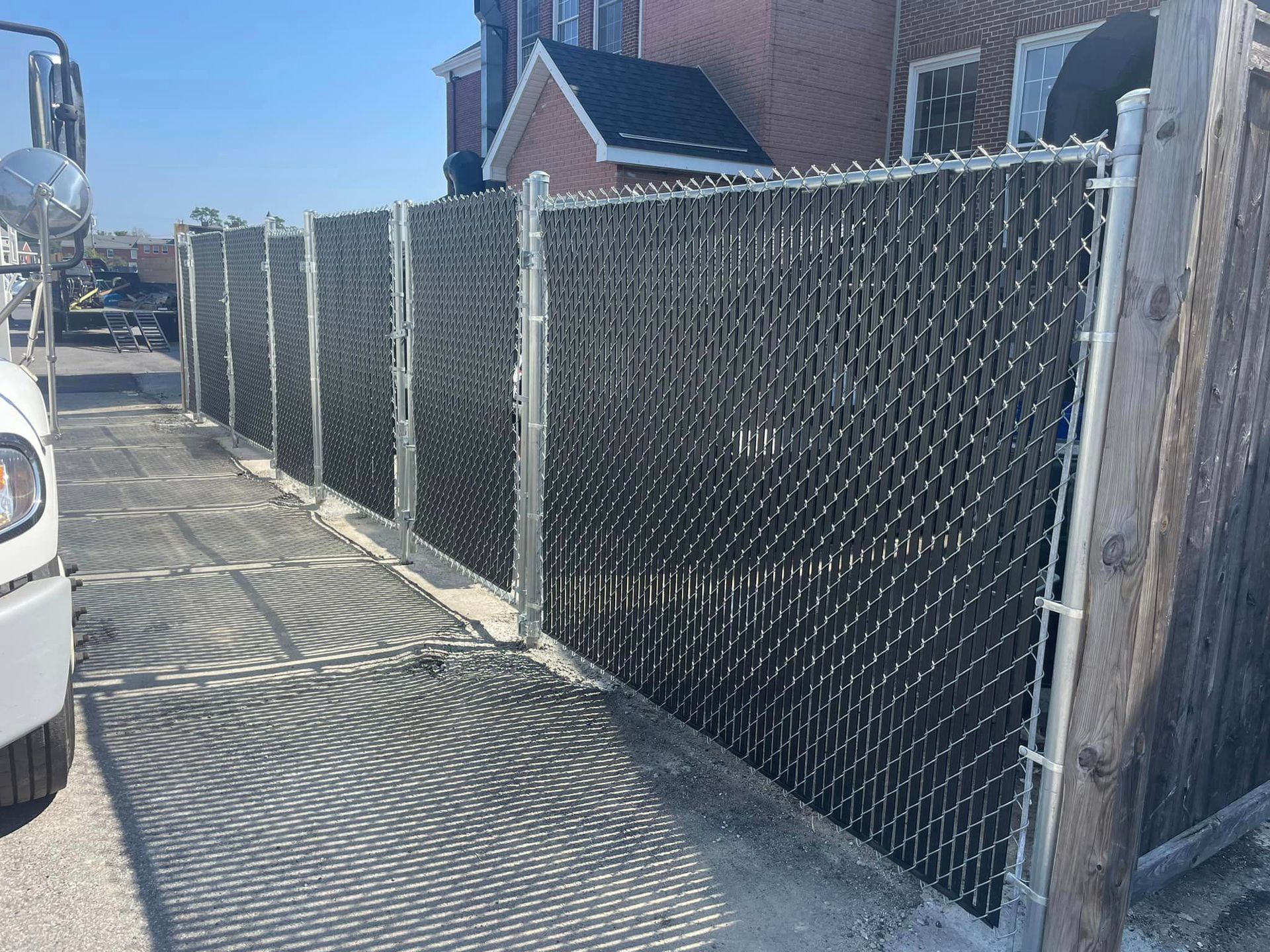Call Us: (207)-415-0219
Winter Fence Installation: Pros & Cons of Cold-Weather Work

Do Fence Installers Work in Winter? Pros & Cons of Cold-Weather Installation
When cold weather sets in, many homeowners wonder if they need to put their fence installation plans on hold. The snow, ice, and frozen ground might seem like definite roadblocks to starting your fencing project. But is winter really a bad time to install a fence?
Yes, many professional fence installers do work during winter months, though with some limitations based on your local climate and specific weather conditions. While summer and fall remain the busiest seasons for fence installation, winter offers unique advantages that might make it the right time for your project.
Knowing the facts about winter fence installation can help you make smart choices about timing your project. This guide explores the benefits and challenges of cold-weather fence installation, helping you decide if winter is the right time for your new fence.
Can You Install a Fence During Winter?
Weather Considerations for Winter Fence Installation
Winter weather varies greatly depending on where you live. In mild winter areas, fence installation can often continue with minimal disruption. Places with heavy snowfall or extreme cold may pose more challenges.
The main factors affecting winter fence installation include:
- Temperature: Extreme cold can make some materials brittle
- Precipitation: Heavy snow can make site access difficult
- Ground conditions: Frozen soil depth affects post installation
Most fence companies watch weather forecasts closely during winter months. They schedule work during milder periods and may adjust plans when severe weather is expected.
How Cold is Too Cold for Fence Installation?
Most fence contractors can work comfortably in temperatures above 20°F (-6°C). Below this point, several issues can arise:
- Worker safety becomes a concern
- Some tools may not function properly
- Certain materials may become too brittle to handle
The frozen ground depth is often more important than air temperature. In areas where the ground freezes only a few inches deep, installers can often work through the winter with special equipment. When frost penetrates deeper than 6-8 inches, post hole digging becomes much more difficult.
Advantages of Winter Fence Installation
Potential Cost Savings
Winter often brings lower demand for fence installation services. This decreased workload can translate to:
- Possible discounts or promotions from fence companies
- More negotiating power on project pricing
- Lower material costs during off-season sales
Many fence contractors offer winter pricing specials to keep their crews busy during slower months. This can mean savings of 5-15% compared to peak season rates.
Faster Scheduling and Availability
One of the biggest benefits of winter fence installation is shorter wait times. During spring and summer, popular fence companies may have backlogs of several weeks or even months. In winter, you might get your project scheduled within days.
This quick turnaround applies to both the installation schedule and the permitting process. Many local building departments process fewer applications during winter, potentially speeding up your permit approval.
Preparing for Spring Enjoyment
Installing your fence during winter months means your outdoor space will be ready to enjoy as soon as warmer weather arrives. You won't have to:
- Wait for spring installation backlogs to clear
- Deal with muddy conditions from spring thaws
- Delay early spring landscaping plans
This forward planning lets you make the most of your outdoor space from the first warm day of spring.
Challenges of Cold-Weather Fence Installation
Ground Freezing Concerns
The biggest challenge for winter fence installation is dealing with frozen ground. When soil freezes solid, it becomes extremely difficult to:
- Dig post holes to proper depth
- Set posts securely in the ground
- Ensure proper post alignment
Professional fence installers often use specialized equipment like augers with frost bits or ground thawing equipment to overcome frozen soil. However, if the ground is frozen too deeply (usually more than 12 inches), installation may need to wait.
Material Limitations in Cold Temperatures
Different fencing materials react differently to cold weather:
- Vinyl fencing becomes more brittle and may crack if handled roughly
- Wood can be more susceptible to splitting when nailed in very cold conditions
- Concrete post setting may require special cold-weather additives
Professional installers understand these limitations and take extra precautions when working with materials in cold temperatures.
Weather Delays and Project Timing
Winter weather is unpredictable, which can affect project timelines. Snow, ice storms, or extreme cold snaps might force contractors to:
- Postpone work days
- Extend project timelines
- Work in shorter daily shifts
When planning a winter fence installation, it's best to build flexibility into your timeline and understand that weather-related delays are possible.
Best Fencing Materials for Winter Installation
Vinyl Fencing in Cold Weather
Vinyl fencing requires special handling in cold weather:
- Becomes more brittle below 40°F (4°C)
- Needs careful handling to prevent cracking
- May require warming before cutting or drilling
Despite these challenges, vinyl remains a popular winter choice because it doesn't require staining or sealing after installation.
Metal Fencing Options for Winter
Metal fencing materials like aluminum and steel often perform well in winter installations:
- Less affected by cold temperatures
- Won't crack or split like other materials might
- Can be installed efficiently in cold weather
Chain link fencing is particularly well-suited for winter installation, as it requires minimal ground disruption and handles cold temperatures well.
Wood Fencing Winter Considerations
Wood fencing can be installed in winter with proper precautions:
- Pressure-treated lumber handles cold better than cedar or other softwoods
- Pre-drilling holes prevents splitting in cold conditions
- Sealing or staining may need to wait until warmer weather
The moisture content of wood is often lower in winter, which can be beneficial for reducing warping or twisting after installation.
How to Prepare for a Winter Fence Installation
Site Preparation Tips
Before your fence installers arrive, you can help ensure a smooth winter installation:
- Clear snow from the fence line and work areas
- Mark underground utilities before the ground freezes
- Remove obstacles that might be hidden under snow
Having a clear, accessible work site helps your fence contractor work efficiently despite cold conditions.
Working with Your Contractor in Cold Weather
Communication is key when planning a winter fence project:
- Discuss weather contingency plans upfront
- Understand how extreme cold might affect scheduling
- Be flexible with
project timelines
Ask your contractor about their specific cold-weather installation techniques and how they protect materials and ensure quality results.
Is Winter Fence Installation Right for Your Property?
Assessing Your Specific Situation
Consider these factors when deciding on winter installation:
- Your local climate and typical winter conditions
- The size and complexity of your fencing project
- Your timeline flexibility
- Access to your property during winter months
Properties with good drainage and southern exposure often have better conditions for winter installation, as the ground may freeze less deeply.
When to Wait for Warmer Weather
Sometimes, waiting for spring is the better choice:
- If your area experiences extreme, prolonged cold
- If you need extensive landscaping work alongside the fence
- If you're planning a DIY installation without specialized equipment
- If your property has poor drainage or stays wet during winter
Working with an experienced fence contractor can help you make this decision based on your specific property conditions.
Finding the Right Contractor for Winter Installation
Questions to Ask About Cold-Weather Experience
Not all fence contractors have the skills and equipment for effective winter installation. Ask potential contractors:
- "How many winter fence installations do you complete each year?"
- "What special techniques do you use for frozen ground?"
- "Do you offer any weather guarantees or contingency plans?"
- "How might winter conditions affect my warranty?"
Experienced winter installers will have ready answers for these questions.
What to Look for in Winter Fence Installers
The best contractors for winter fence installation have:
- Specialized equipment for frozen ground
- Flexible scheduling to work around weather events
- Cold-weather material handling expertise
- Positive reviews specifically mentioning winter installations
Look for contractors who stay busy year-round rather than those who shut down completely during winter months.
Don't Let Winter Stop Your Fence Plans
Winter fence installation is not only possible but can offer surprising benefits. With the right contractor, proper planning, and realistic expectations, you can have your new fence installed during the off-season and be ready to enjoy your outdoor space when spring arrives.
Ready to get started on your winter fence project? Contact the winter installation experts at Seacoast Fence and Construction today. Our experienced team has the specialized equipment and cold-weather expertise to ensure your fence installation goes smoothly, even when temperatures drop.
Seacoast Fence and Construction delivers professional fence installation and repair services year-round in Biddeford and surrounding areas. Call us today to schedule your free winter installation consultation and secure your property before spring arrives!
Our Services
Contact Information
Phone:
Address:
642 Elm St Unit 3, Biddeford ME 4005
Business Hours
- Mon - Fri
- -
- Sat - Sun
- Closed
Tips & Articles


